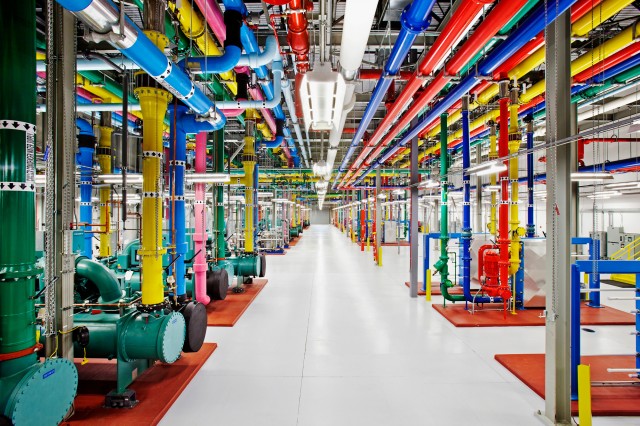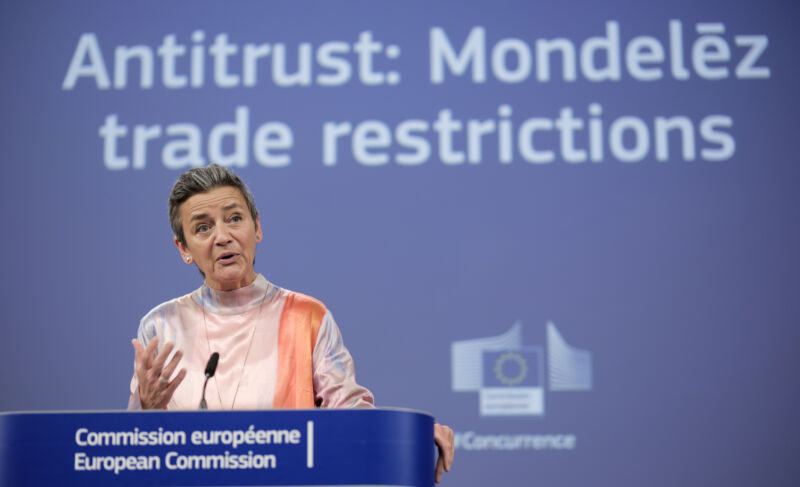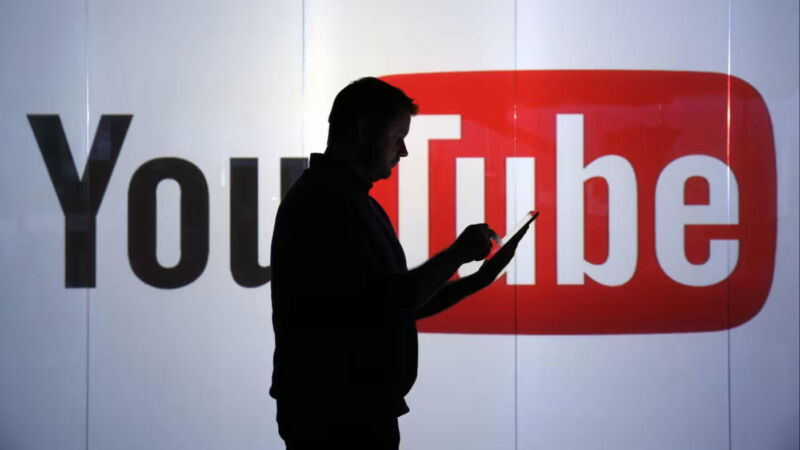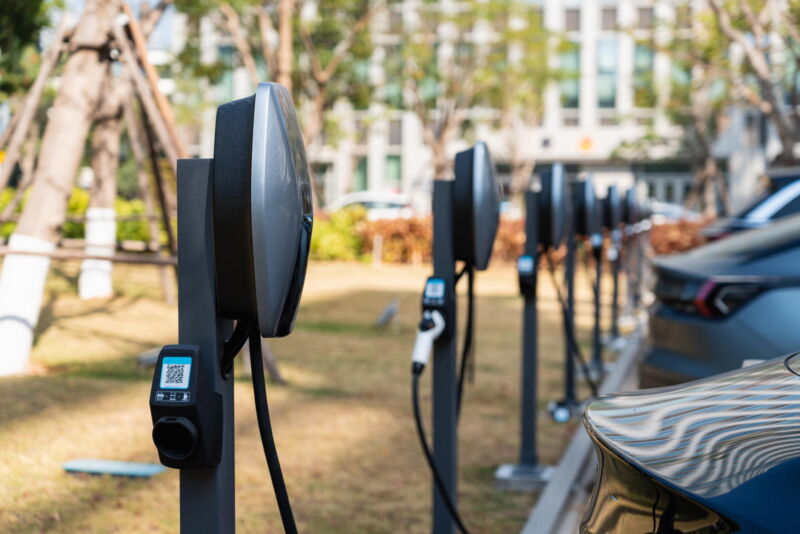Google’s greenhouse gas emissions jump 48% in five years

Cooling pipes at a Google data center in Douglas County, Georgia. (credit: Google)
Google’s greenhouse gas emissions have surged 48 percent in the past five years due to the expansion of its data centers that underpin artificial intelligence systems, leaving its commitment to get to “net zero” by 2030 in doubt.
The Silicon Valley company’s pollution amounted to 14.3 million tonnes of carbon equivalent in 2023, a 48 percent increase from its 2019 baseline and a 13 percent rise since last year, Google said in its annual environmental report on Tuesday.
Google said the jump highlighted “the challenge of reducing emissions” at the same time as it invests in the build-out of large language models and their associated applications and infrastructure, admitting that “the future environmental impact of AI” was “complex and difficult to predict.”





